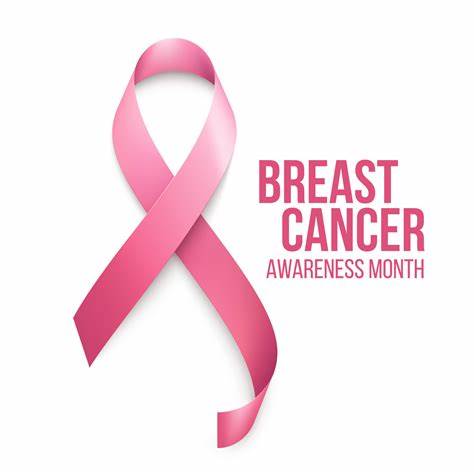1 in 8 Canadian women will develop breast cancer during their lifetime. It is the second most common cancer in Canada. Risk factors include:
- Aging
- Family history
- BRCA gene mutation
- Reproductive status (eg. Late menopause)
- Hormone exposure (eg. Estrogen)
- Alcohol intake
- Physical inactivity
There are some risk factors we can’t change but there are some that we can be mindful of to try to adjust to protect against breast cancer:
- Avoid alcohol or if you cannot avoid alcohol stay within Canada’s Guidance on Alcohol and Health: https://www.ccsa.ca/canadas-guidance-alcohol-and-health
- Eat a variety of foods which will ensure you get the nutrients you need each day. Variety means including different meat and alternatives, milk and milk alternatives, whole grains and vegetables and fruit at each meal. There are some studies that suggest a diet high in vegetables and fruit and low in red meat and processed meats may help reduce risk.
- A low-fat diet may decrease your risk of breast cancer.
- For women who choose to, breastfeeding may reduce your risk of breast cancer.
At this time there is no research that has identified a specific food that can lower risk and there is no specific vitamin or mineral supplement that is recommended.
One of the questions with regards to food is whether soy foods are safe. The confusion comes from the fact that soy foods contain a nutrient called phytoestrogen. Phytoestrogen is not the same as female estrogen. Soy foods do not contain estrogen. Soy food examples include tofu, soymilk, edamame and tempeh. Research has shown that women and breast cancer survivors can safely eats these foods and not increase their risk of breast cancer or recurrence. Soy foods may even decrease the risk of recurrence in women with a history of the disease. It is suggested to choose whole soy foods rather than in supplements or protein powders as the effect of soy in supplements is less understood.
For more information on healthy eating, book an appt with the GNPLC Dietitian at 705-722-1581.
